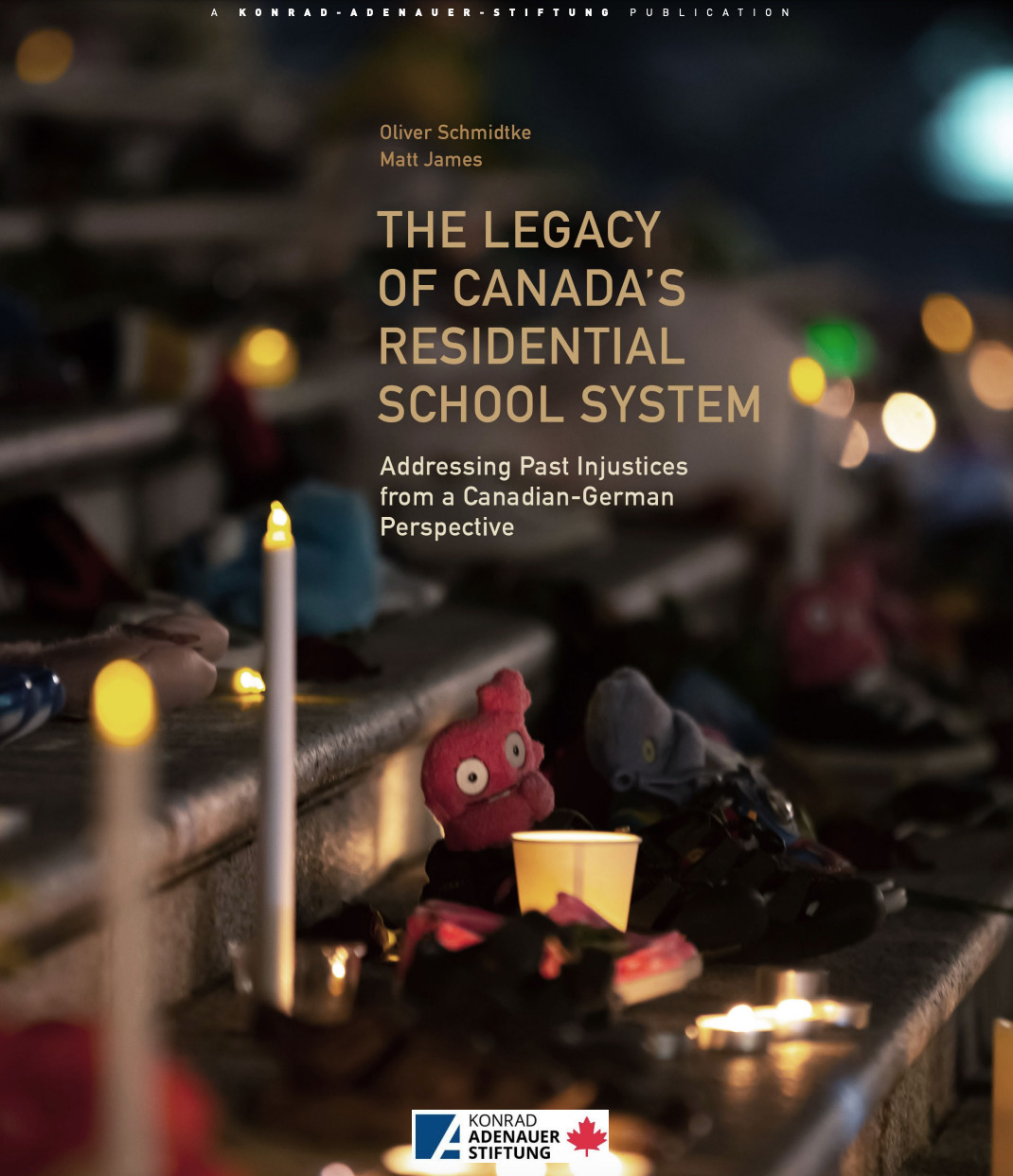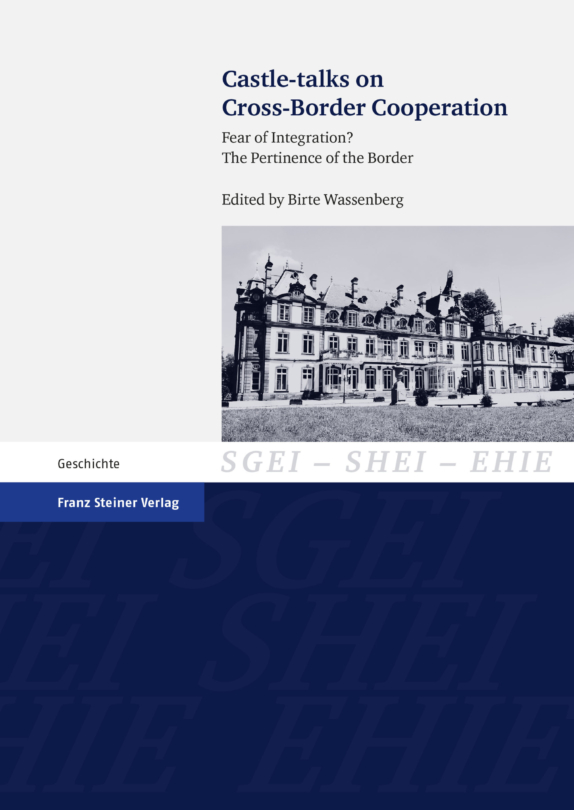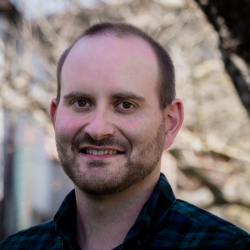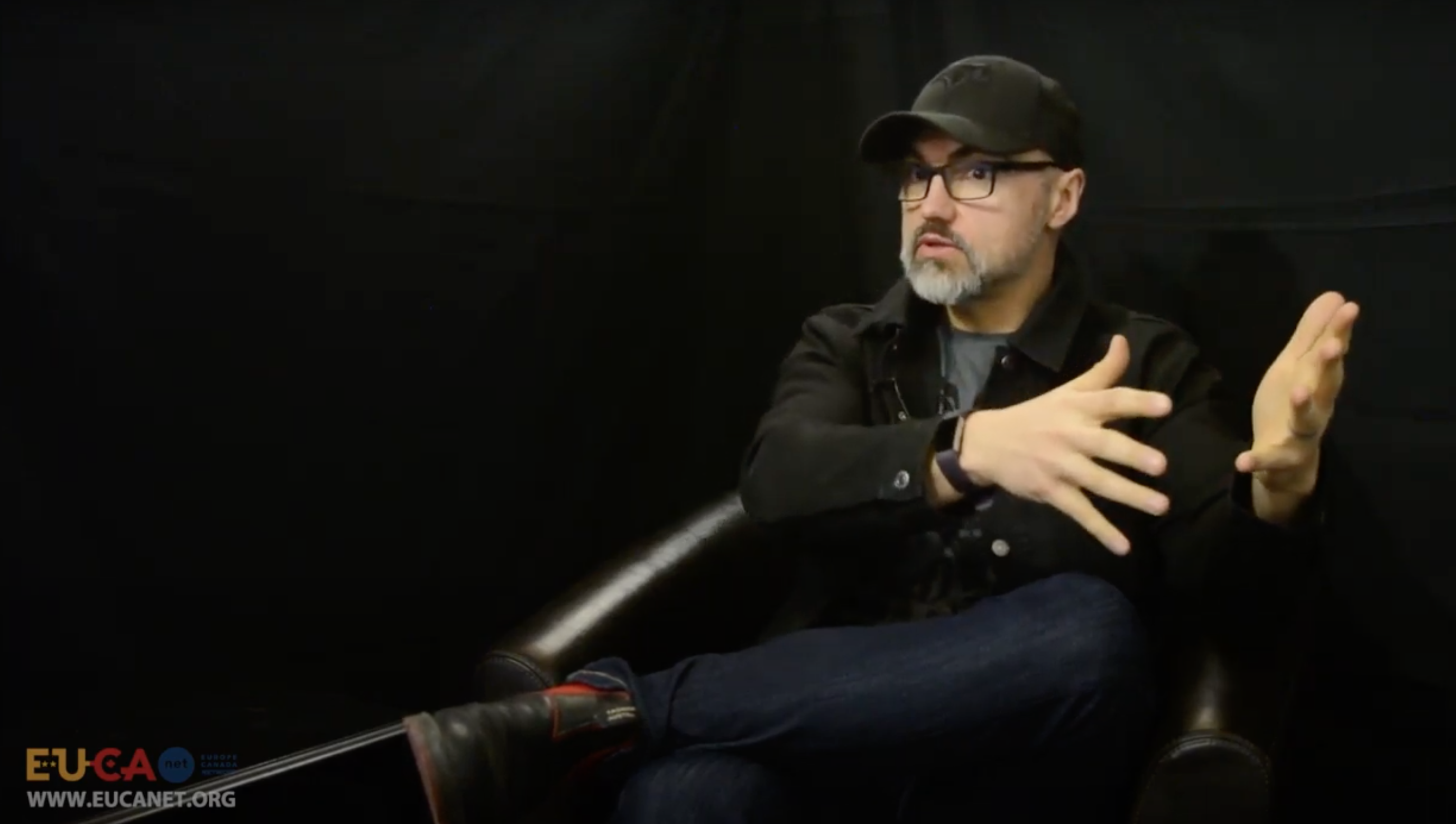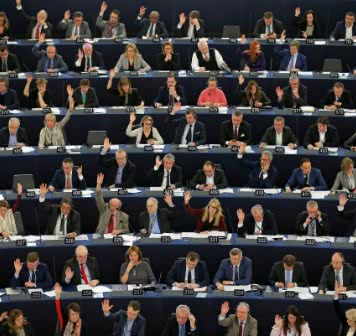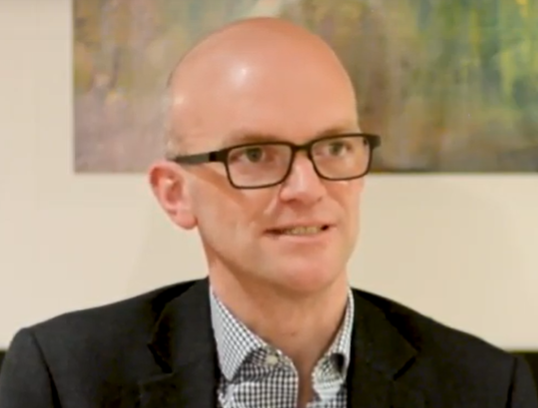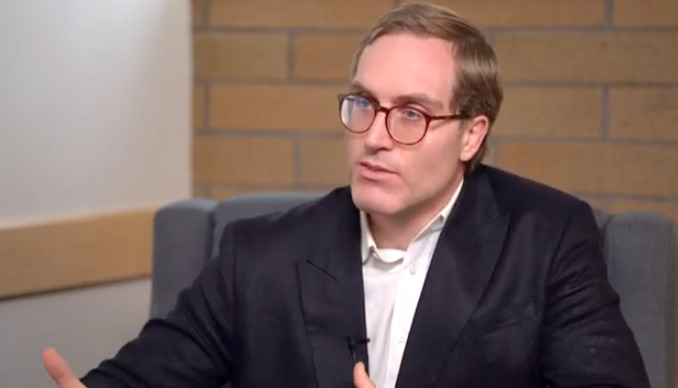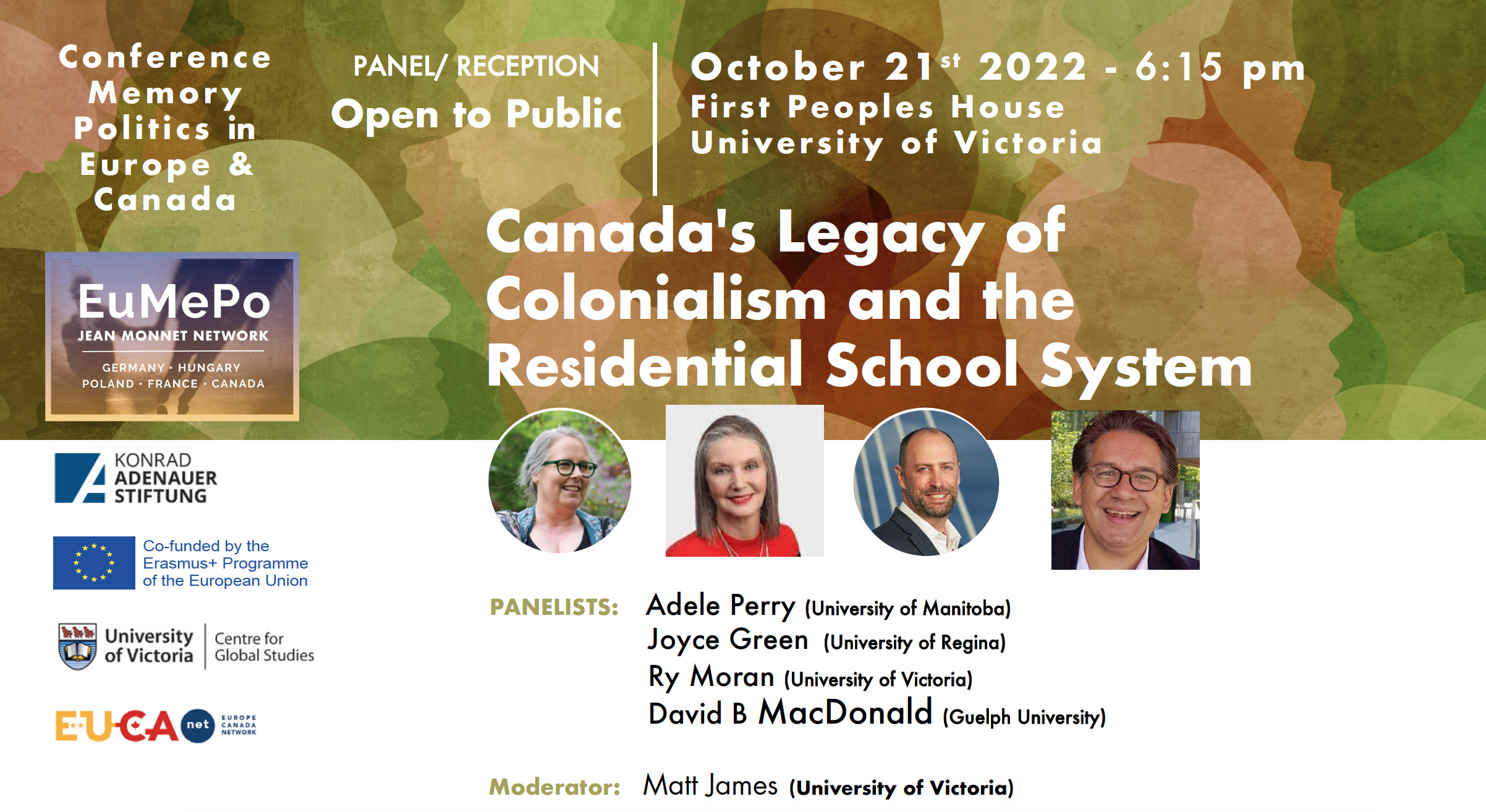The Legacy of Canada’s Residential School System – Addressing Past Injustices from a Canadian-German Perspective
This new study addresses how the ‘cultural genocide’ towards Indigenous Peoples in Canada could be related to addressing past injustices in Europe. Our EUMEPO scholars Matt James and Oliver Schmidtke compare memory politics in Canada and Germany debating if and how the reference to the Holocaust could be meaningfully related to the Canadian context
Here is a synopsis from the study:
- The 2022 revelations of mass graves of children at the sites of former residential schools forced Canada to consider more directly what the Truth and Reconciliation report had already concluded in 2015: Canada’s residential school system was part of a program of “cultural genocide” that sought to eliminate Indigenous peoples by, among other things, taking children from families and forcing them to endure destructive and indeed deathly conditions.
- Notwithstanding the real dangers of disrespecting the uniqueness of the relevant wrongs and traumata in the two countries, comparing the “memory cultures” of Canada and Germany can yield important lessons – about the diversity of forms that genocide can take, about the range of possible responses to gross wrongdoing, about productive modes of commemorating the past, and about the possible roles of collective memory in forging more democratic forms of citizenship.
- Memory politics in the two countries has been unpredictable and deeply contested, involving battles by far-right groups against any form of national introspection or questioning, on the one hand, and struggles by citizens’ groups and Indigenous nations against top down approaches that try to silence or contain the past, on the other.
- Our comparisons leads to four key conclusions about what meaningfully addressing historical injustices tends to require:
- critically considering the country’s national identity and related modes of addressing the past in lasting ways;
- actively confronting present-day injustices, such as racism, anti-Semitism, and the dispossession of Indigenous peoples;
- opening up a space for memory activism of historically oppressed groups also in the form of grassroots, citizen-based commemorative practices;
- recognizing that a democratic memory culture requires an ongoing commitment to critical assessment, openness, and collective learning.
Link to the study The Legacy of Canada’s Residential School System – Addressing Past Injustices from a Canadian-German Perspective
